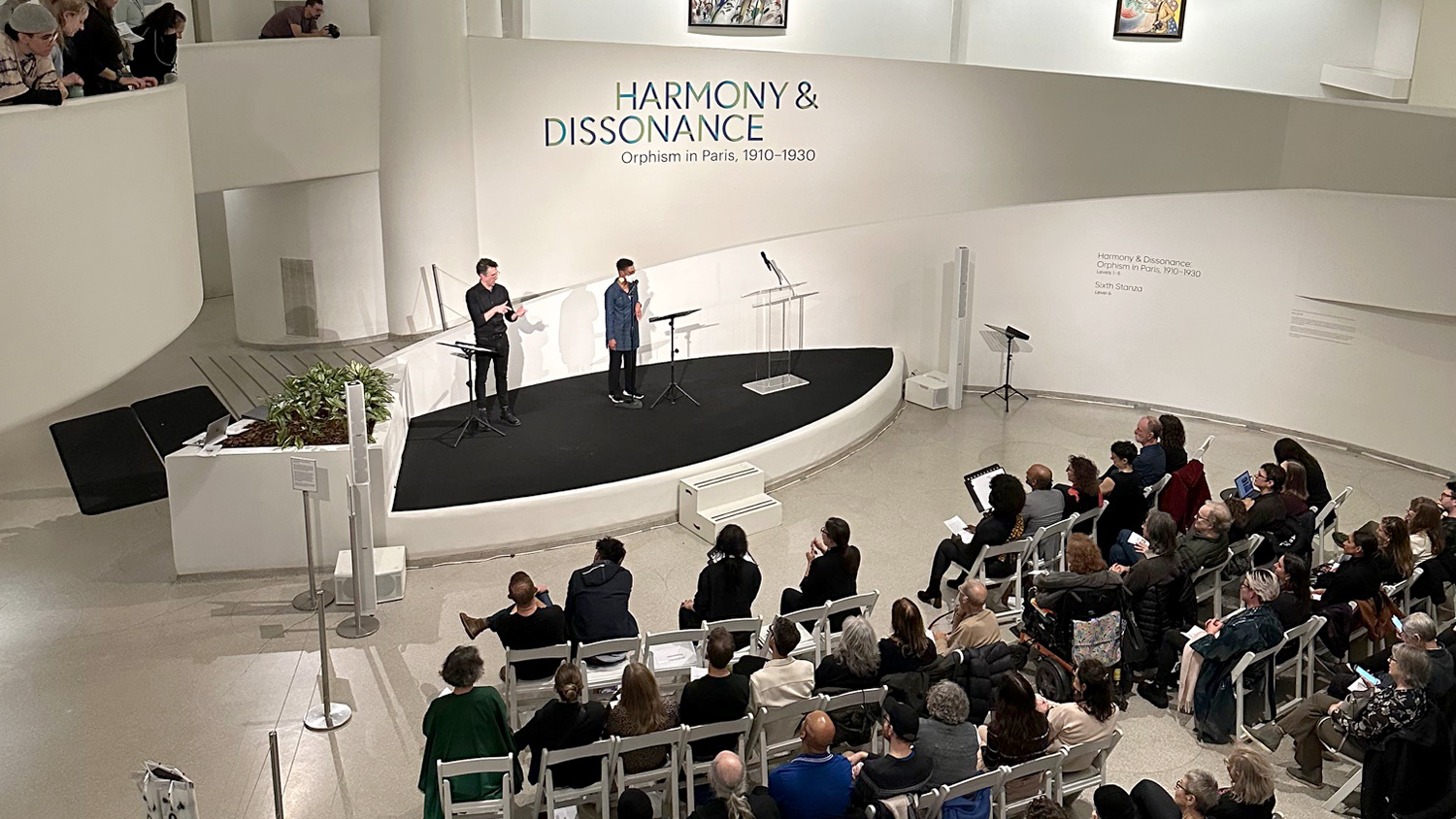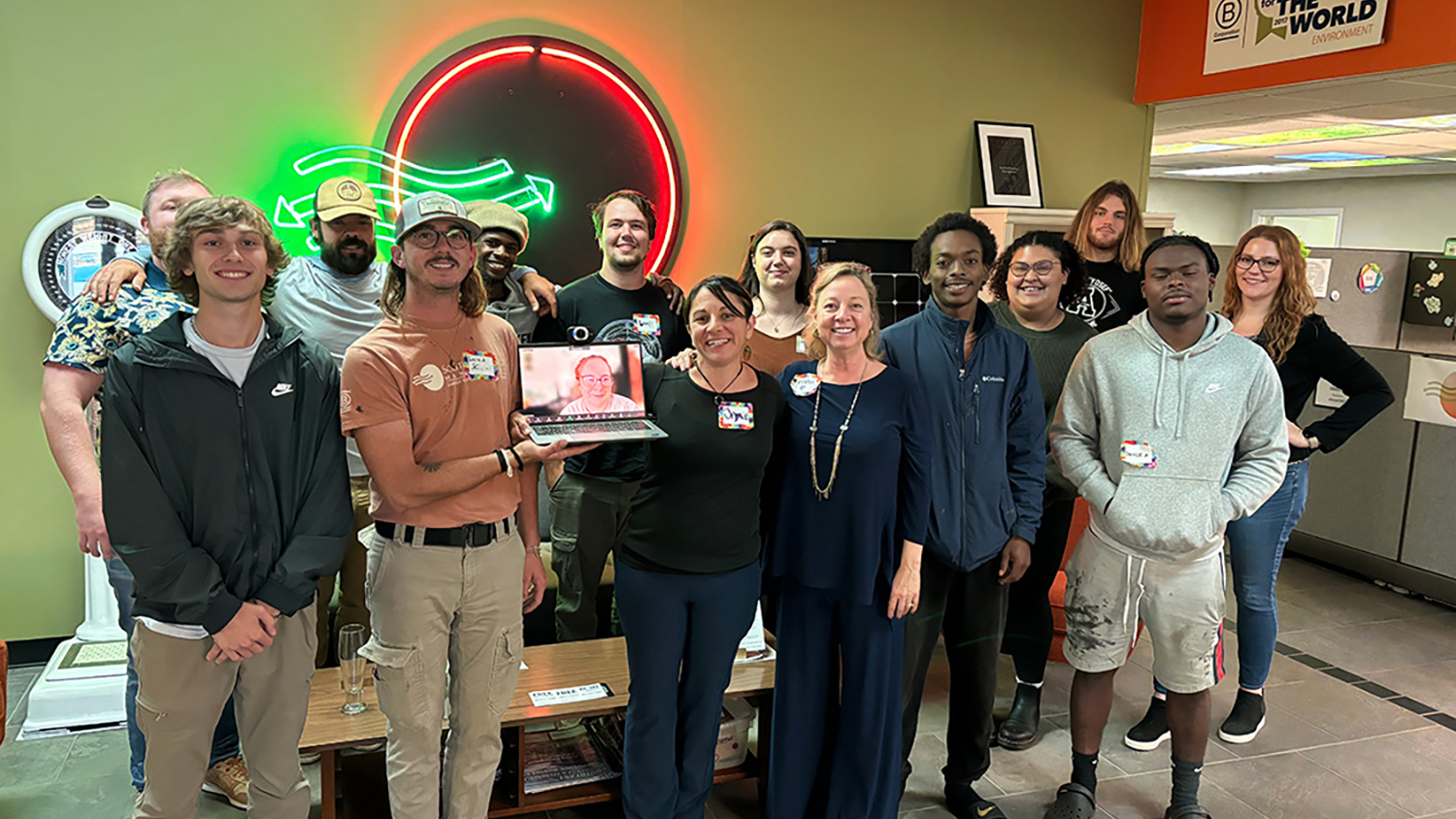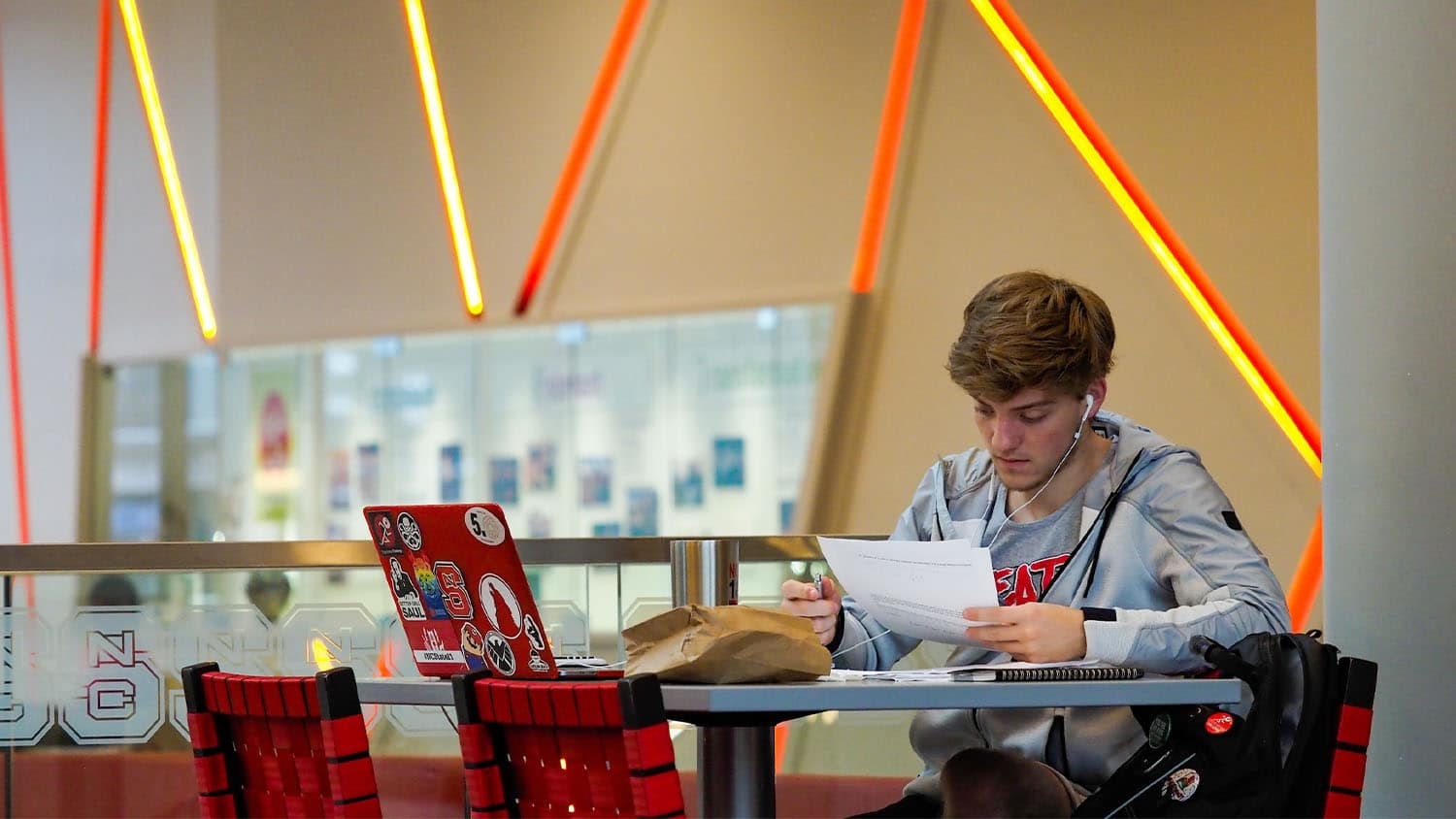English Professor’s Film Brings Oxford Archaeological Project to Life
An NC State English professor’s film is helping bring an archaeological site to life in Oxford, England.
“Great Houses Make Not Men Holy,” a film co-created by professor of medieval and early modern literature Jim Knowles, virtually reconstructs architecture that once stood at the Westgate site, a current day shopping mall that once housed a medieval friary. Oxford Archaeology has been excavating the site — located near the heart of the city — throughout 2015, and the group is using Knowles’ film to add context to artifacts.
Knowles created the film in 2010 with architect Michal Koszycki as part of the Oxford Friars Project, which sets 3-D virtual reconstructions of lost medieval buildings in the context of English anti-fraternal literature.
The film, which is featured on the Westgate excavation website and also in pop-up museums, traces opposition to building projects undertaken by the Franciscan and Dominican orders from their beginnings in the 1220s until the final dissolution of the English religious houses under Henry VIII in the 1530s. The Franciscans, or Greyfriars, operated the friary at the Westgate site.
“The film gives people an accessible history of the friars’ arrival and their growth between the 13th and 15th centuries,” Knowles said. “It’s a story of immediate success and influence in English politics and religious life.”
As the friars’ buildings grew over time, so did dissenting voices in literature that often criticized the scale of their projects, Knowles said. Writers accused the orders of overindulging in the excesses of their grand buildings and contributing to the decay of nearby local parish churches.
By reconstructing the buildings through the film, Knowles said he was trying to answer whether writers who were critical of the friars (Geoffrey Chaucer among them) were repeating stories from the tradition of anti-fraternal literature, or rather responding to the actual buildings on the ground.
“I was asking, ‘To what extent are these charges about the architecture true?’” Knowles said.

Reconstructions in the film were largely based on earlier excavations at the site during the 1960s and 1970s — digs that occurred as developers prepped the area for a shopping center. Today, the site is being redeveloped, and archaeologists are again probing for artifacts.
Knowles has yet to see what archaeologists have found in the current dig, which is expected to continue through December. He suspects the latest excavation at the Westgate site will lead to more information about the architecture that he can use in the future.
“I’m excited to see what they find,” Knowles said. “It could lead to an extension of the existing work or into new work that incorporates their archaeological findings.”



